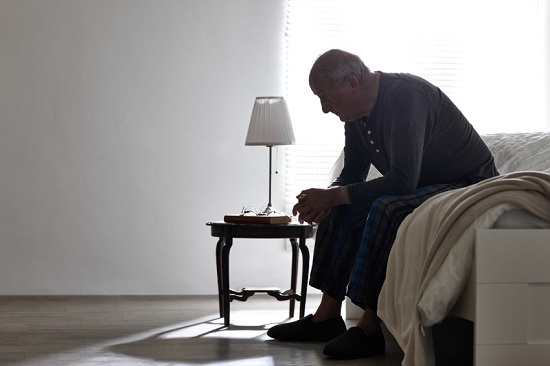How Hearing Loss Can Cause Personality Changes

The effects of hearing loss appear obvious, including the stress of the continuous struggle to hear and the impact this can have on relationships. But what if the repercussions went further, and could actually alter your personality?
Research from the University of Gothenburg reveals that this may be the case. The researchers examined 400 men and women aged 80-98 over a six-year period. The researchers assessed several physical, mental, social, and personality criteria through the duration of the study, including extroversion, or the inclination to be outgoing.
Interestingly, the researchers couldn’t connect the decrease in extraversion to physical factors, cognitive decline, or social challenges. The single factor that could be linked to the decrease in extraversion was hearing loss.
While people ordinarily become less outgoing as they get older, this study demonstrates that the change is amplified in those with hearing loss.
The repercussions of social isolation
Diminished extraversion, which can result in social isolation in the elderly, is a major health risk. In fact, a meta-analysis of 148 studies analyzing the relationship between social isolation and mortality found that a lack of supporting social relationships was correlated with increased mortality rates.
Additionally, social isolation is a major risk factor for mental illness, including the onset of major depression. Being less socially active can also result in reduced physical activity, contributing to physical problems and weight issues, and the shortage of stimulation to the brain—ordinarily received from group interaction and dialogue—can lead to cognitive decline.
How hearing loss can create social isolation
The health effects of social isolation are well established, and hearing loss seems to be linked to diminished social activity. The question is, what is it about hearing loss that tends to make people less disposed to be socially active?
The most obvious answer is the difficulty hearing loss can cause in group settings. For those with hearing loss, it is often exceptionally challenging to follow conversations when several people are talking at the same time and where there is a great deal of background noise.
The constant struggle to hear can be fatiguing, and it’s sometimes easier to abandon the activity than to battle through it. Hearing loss can also be embarrassing, and can produce a sensation of solitude even if the person is physically part of a group.
For these reasons, among others, it’s no surprise that many people with hearing loss choose to pass up the difficulties of group communication and social activity.
What can be done?
Hearing loss brings about social isolation largely due to the difficulty people have communicating and participating in groups. To render the process easier for those with hearing loss, think about these tips:
- If you suffer from hearing loss, consider utilizing hearing aids. Today’s technology can treat virtually all instances of hearing loss, creating the amplification required to more effortlessly interact in group settings.
- If you have hearing loss, speak with the group in advance, educating them about your hearing loss and promoting ways to make communication easier.
- For those that know someone with hearing loss, try to make communication easier. Minimize background noise, choose quiet areas for communication, and speak directly and clearly to the person with hearing loss.
With a bit of awareness, preparation, and the suitable technology, we can all make communication a little easier for individuals with hearing loss.
